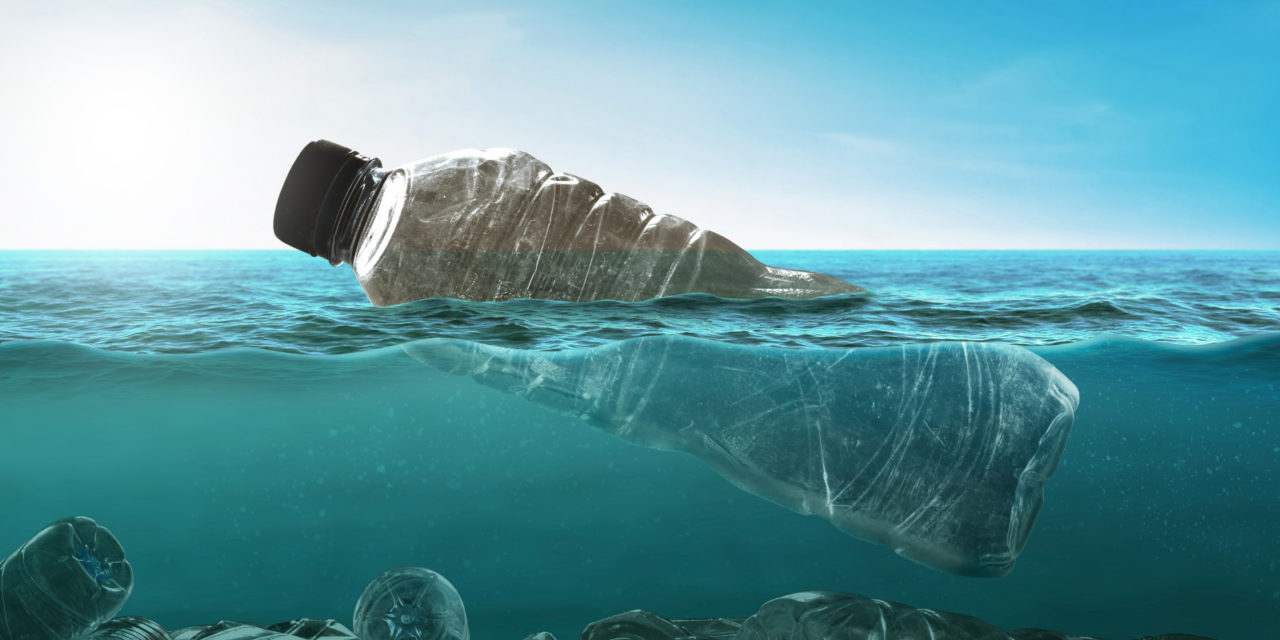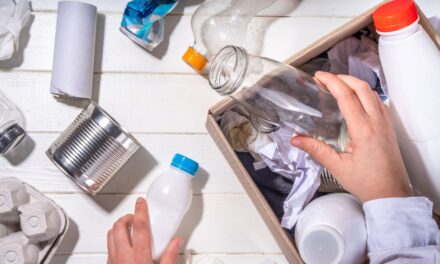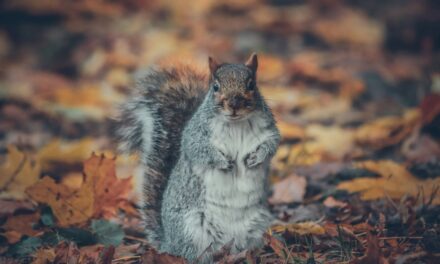This month we are celebrating the return of Plastic Free July in East Sussex. A global movement launched in 2011 to encourage people to become more aware of their plastic use and create a cleaner, healthier world as a result.
Tackling plastic waste is an important part of the solution to the climate and biodiversity crisis. Plastic production and burning plastic produces harmful greenhouse gases that contribute to climate change. If plastic production continues at current levels, it’s estimated that these emissions will jeopardize attempts to keep global temperature rise below 1.5°C.
In support of Plastic Free July in East Sussex, we’ve produced some simple tips that can help reduce your plastic use over time.
Bring your own cup
Most disposable coffee cups are lined with plastic to make them waterproof. Britain uses a whooping 2.5 billion disposable coffee cups a year with only 1 in 400 being recycled. They spill out of litter bins and most end up in landfill producing an estimated annual carbon footprint equivalent to over 152,000 tonnes of carbon dioxide.
An easy swap is to purchase your own reusable cup. Pop it in your bag for the next time you buy a tea or coffee. Most coffee shops will be happy to fill your personal reusable cup.
Memorial bubble releases
Balloon releases are a loving way to pay homage to our lost loved ones, but many people unaware of the impact their loving sentiments have on our environment. It can take anywhere between 6 months and 6 years before biodegradable balloons start to degrade, and Polyurethane balloons take about 450 years to decompose. There is also the impact on wildlife, ingesting balloons can cause death by blocking the digestive and/or respiratory tract.
An alternative to a balloon release and just as breath-taking, is to release thousands of bubbles. All you need for a good safe bubble mix is water, washing up liquid and glycerine.
Ditch the clingfilm
Clingfilm is an essential item in most homes, helping contribute to reducing food waste. Yet, it is difficult to recycle. An estimated 1.2 billion meters of clingfilm end up in landfill each year in the UK.
Choose beeswax, or silicone wraps as an alternative to wrap leftover food in. An added bonus is they are gorgeous, with so many beautiful designs on offer. Another great solution is the upside-down bowl over a plate of food, great if you are on a budget.
Choose sustainable toys
Did you know that 90% of the toys on the market are made from plastic? Despite this, the British Toy and Hobby Association promote environmental sustainability and supports big named brands to increase sustainable toy production.
There are two approaches to take with toys, when purchasing new, opt for sustainable wood alternatives. You can also swap felt tips for wooden or 100% beeswax crayons. As for the plastic toys, shop preloved, you can find most toys second-hand in great condition. At the end of the day, most children do not care if the toy is new or old, they just want to play.
Let’s talk liquid soap
Liquid soap packaging makes up a proportion of the 13 billion plastic bottles the UK gets through every year.
Did you know you can reuse most soap pumps and bottles? Many brands now offer refill options on the shelf as an alternative to buying the whole bottle. If you’re feeling adventurous, why not ditch the soap pump altogether and opt for natural soap bars? They come with less packaging and last longer making them much more cost effective too.
Recycle
Plastic is a popular and versatile material, and we use a lot of it in the UK and worldwide. Reusing and recycling plastic as many times as possible can reduce our need to create new plastic.
We all know how important it is, but it’s not always easy to find out what you can and cannot recycle. Each district has its own set of rules determined by the local recycling facilities. Recycle now has a great recycling tool to help guide you on what you can recycle in your area, all you need to do is pop in your postcode.
Let’s go Soap nuts
Popular laundry detergent pods are wrapped in PVA that is designed to dissolve, but it doesn’t disappear. Instead, you are left with microplastics that enter the oceans and the food chain, in fact, they have been found everywhere.
An eco-friendly alternative to laundry detergents is Soap nuts. Soap nuts are a natural laundry detergent that grows on trees. They wash, clean, take away odour, take away some stains and can be used alongside white vinegar as a fabric softener, with no microplastic in sight.
The task of reducing our everyday plastic consumption can seem an enormous task. Reducing the amount of single-use plastic in your life is a journey and not something most can do overnight. With the help of Plastic Free July, making change, one small step at a time goes a very long way in the end.
You can find out how the late Claire Sumners went plastic-free and began Seaford’s status as a plastic-free town. You can also visit the East Sussex County Council Climate Action page on the ESCC website to find out what we are doing to tackle climate change in East Sussex.




